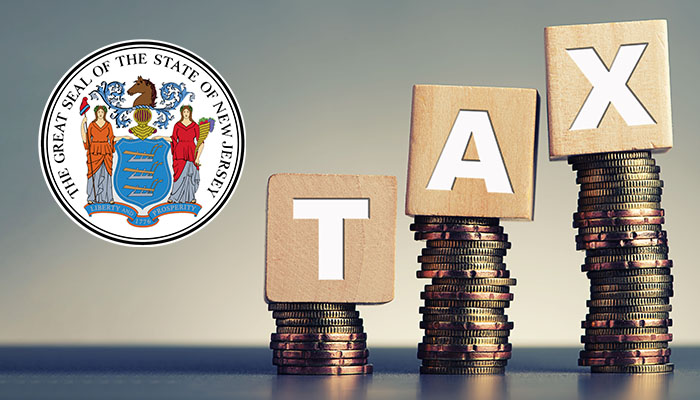 Betting Bill Fails to Get Past Alabama Conference CommitteeRead Article
Betting Bill Fails to Get Past Alabama Conference CommitteeRead Article Lisa SpencerMay 18, 2024
Lisa SpencerMay 18, 2024
Phil Murphy – the Governor of New Jersey – has ‘stood by’ his sports betting taxation rate, despite critics accusing it of not generating enough revenue for the state. During an appearance on CNBC’s ‘The Exchange’ last week, he discussed how he wants his state to become the US hub for sports betting.
Despite the fact that more than 12 other states have now legalized sports betting in one form or another, Murphy believes New Jersey can take the lead. It currently trails narrowly behind Nevada – the traditional powerhouse in the US gambling landscape.
Ever since New Jersey began to allow sports betting operators to set up shop in the state, punters from the state have wagered more than $3.5 billion on legal sports bets. Interestingly, data shows that around 85% of these bets were made via the internet. For the purpose of this discussion, it’s worth pointing out that some of the 12 states which have legalized sports betting have not legalized it online.
However, many accuse New Jersey’s tax rate of being too low. Currently, there’s an 8.5% state tax on all retail revenue, and there’s also an additional 1.25% on retail revenue. Operators who offer their services via the internet (and mobile betting apps) pay 13% on online and mobile revenue. Compare this to Philadelphia’s tax rate of 36%, and it’s clear to see why some are asking for higher taxes in NJ.
During the interview, the CNBC host said that he was concerned that the state isn’t making enough from taxation, given that sports betting is – historically – a pretty low-margin business. According to experts, most sports books can expect to keep around 6% of all the bets taken – the rest will be paid back out as profit. It’s clearly not as lucrative as, say, other forms of online gambling like slot machines and casino table games, but sports betting is far more popular.
When asked about the rate, Governor Phil Murphy said:
“It’s one of the rare parts of our state where folks ask us, ‘Why can’t you put more tax on it?’ The fact of the matter is that we think that’s the right rate, and again, the ancillary benefits from this … is enormously important for us.”
Murphy went on to say that – at the time of the show – his office has no plans to raise the taxation levels on sports betting businesses in the state, and he truly feels as though it’s set at a reasonable level.
Of course, this makes sense given his plans to make New Jersey into the ‘hub’ of sports betting in the United States. Raising the taxes would likely price some of the smaller, less reputable operators out of the market – and like we’ve seen in other states, it would allow the bigger, richer operators to ‘swoop in’ and eliminate most – if not all – of the competition. It remains to be seen whether Murphy will come under more criticism for the taxation rate, and we’ll be keeping a close eye on this moving forward.
 Betting Bill Fails to Get Past Alabama Conference CommitteeRead Article
Betting Bill Fails to Get Past Alabama Conference CommitteeRead Article Lisa SpencerMay 18, 2024
Lisa SpencerMay 18, 2024 North Carolina Lawmaker Introduces Bill to Ban College Prop BetsRead Article
North Carolina Lawmaker Introduces Bill to Ban College Prop BetsRead Article Lisa SpencerMay 15, 2024
Lisa SpencerMay 15, 2024 November Referendum on Sports Betting Likely in MissouriRead Article
November Referendum on Sports Betting Likely in MissouriRead Article Lisa SpencerMay 13, 2024
Lisa SpencerMay 13, 2024